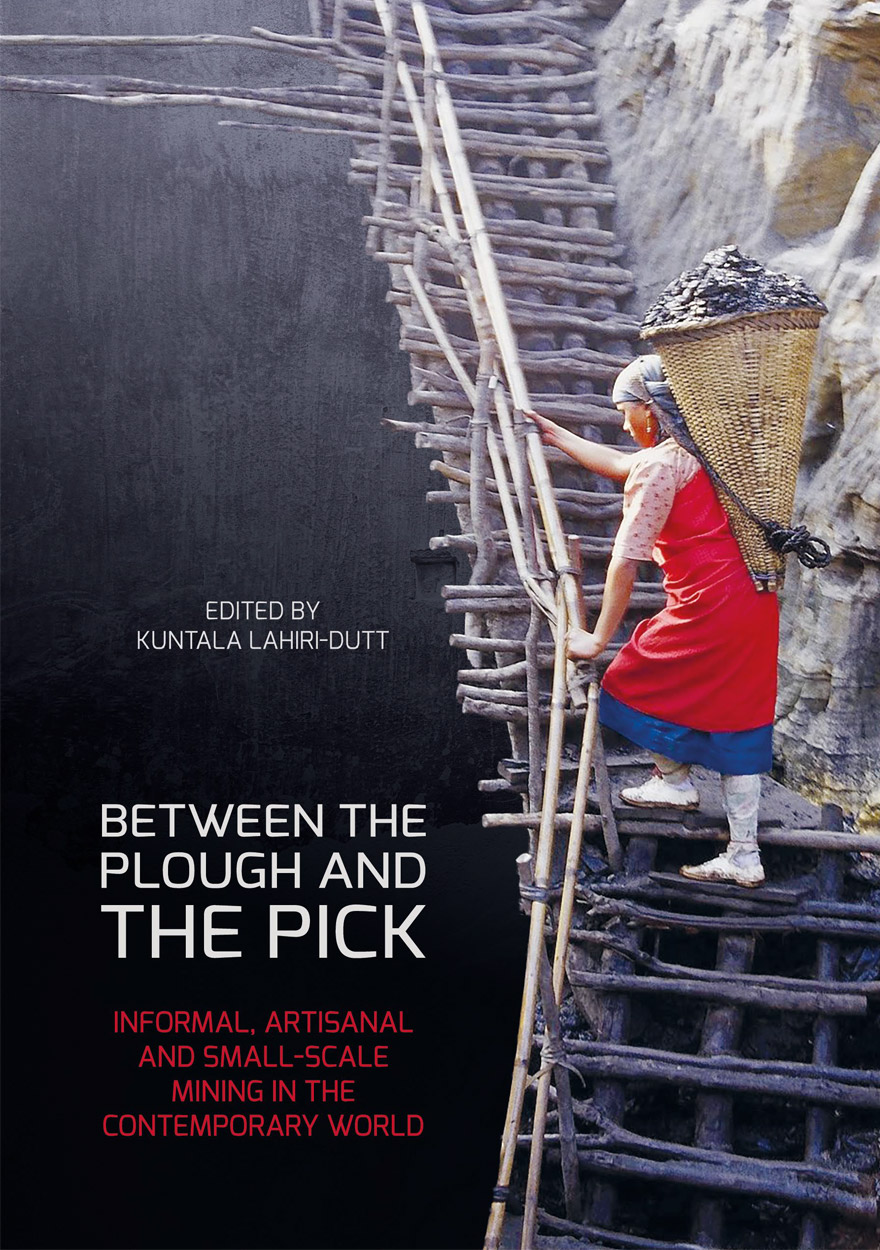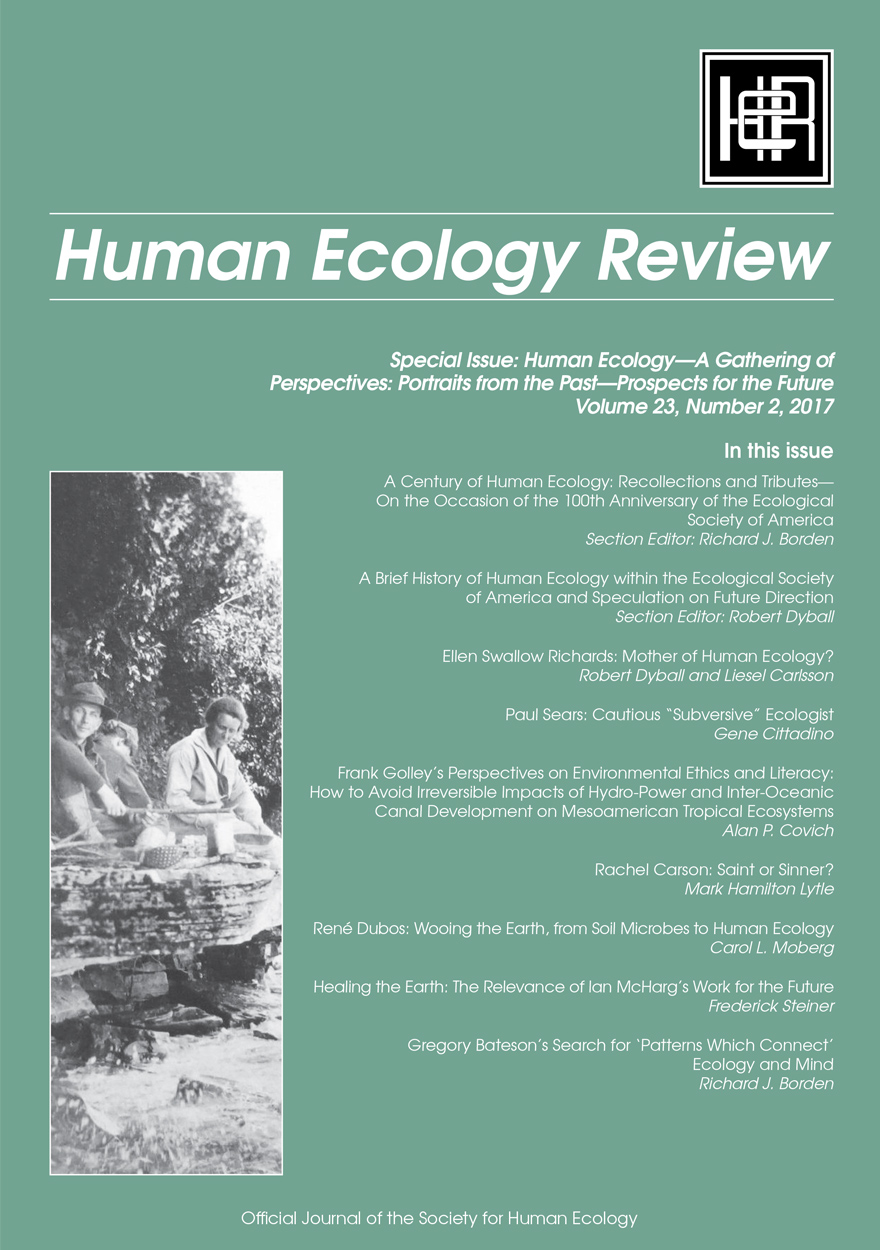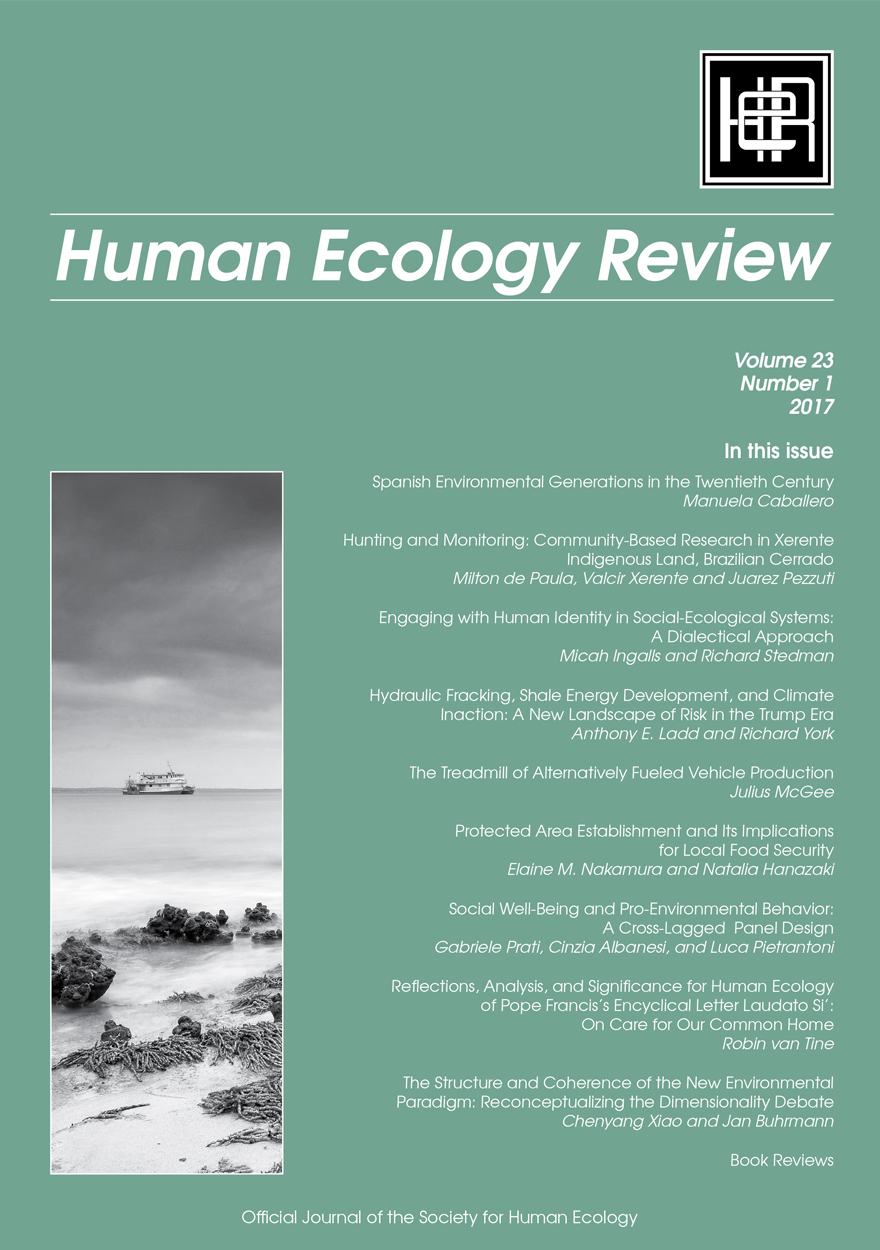Search titles
Displaying results 41 to 50 of 103.

Made in China Journal: Volume 3, Issue 1, 2018 »
Publication date: March 2018
On 12 May 2008, a 7.9 magnitude earthquake hit Wenchuan county, Sichuan province. Felt as far as Beijing, the tremors caused horrific damage: 69,229 people died and 17,923 went missing. Yet, the aftermath of the seism was also a time of hope—with Chinese citizens from all over the country outdoing each other to show solidarity with the victims. As local governments began to recognise the importance of NGOs in providing disaster relief and social services, 2008 was widely seen as a ‘Year Zero’ for Chinese civil society. At that time, hardly anybody could have foreseen the wave of repression against civil society that was to come and that is today the norm. This issue looks back at the legacy of this disaster, and the ways in which state and civil society actors renegotiate their positions during ‘states of emergency’.
Download for free
Not available for purchase

Between the Plough and the Pick »
Informal, artisanal and small-scale mining in the contemporary world
Edited by: Kuntala Lahiri-Dutt
Publication date: March 2018
Between the Plough and the Pick deepens our understanding of informal, artisanal and small-scale mining, popularly known as ASM. The book engages with wider scholarly conceptualisations of contemporary global social, agrarian and political changes, whilst underlining the roles that local social‑political-historical contexts play in shaping mineral extractive processes and practices. It shows that the people who are engaged in these mining practices are often the poorest and most exploited labourers—erstwhile peasants caught in the vortex of global change, who perform the most insecure and dangerous tasks. Although these people are located at the margins of mainstream economic life, they collectively produce enormous amounts of diverse material commodities and find a livelihood (and often a pathway out of oppressive poverty).
The contributions to this book bring these people to the forefront of debates on resource politics. The contributors are international scholars and practitioners who explore the complexities in the histories, in labour and production practices, the forces driving such mining, the creative agency and capacities of these miners, as well as the human and environmental costs of ASM. They show how these informal, artisanal and small‑scale miners are inextricably engaged with, or bound to, global commodity values, are intimately involved in the production of new extractive territories and rural economies, and how their labour reshapes agrarian communities and landscapes of resource access and control.
This book drives home the understanding that, collectively, this social and economic milieu redefines our conceptualisation of resource politics, mineral‑dependent livelihoods, extractive geographies of resources and commodities, and their multiple meanings.

Human Ecology Review: Volume 23, Number 2 »
Special Issue: Human Ecology—A Gathering of Perspectives: Portraits from the Past—Prospects for the Future
Publication date: December 2017
Human Ecology Review is a semi-annual journal that publishes peer-reviewed interdisciplinary research on all aspects of human–environment interactions (Research in Human Ecology). The journal also publishes essays, discussion papers, dialogue, and commentary on special topics relevant to human ecology (Human Ecology Forum), book reviews (Contemporary Human Ecology), and letters, announcements, and other items of interest (Human Ecology Bulletin). Human Ecology Review also publishes an occasional paper series in the Philosophy of Human Ecology and Social–Environmental Sustainability.
Download for free
Not available for purchase

Multi-level Governance »
Conceptual challenges and case studies from Australia
Edited by: Katherine A. Daniell, Adrian Kay
Publication date: November 2017
Important policy problems rarely fit neatly within existing territorial boundaries. More difficult still, individual governments or government departments rarely enjoy the power, resources and governance structures required to respond effectively to policy challenges under their responsibility. These dilemmas impose the requirement to work with others from the public, private, non-governmental organisation (NGO) or community spheres, and across a range of administrative levels and sectors. But how? This book investigates the challenges—both conceptual and practical—of multi-level governance processes. It draws on a range of cases from Australian public policy, with comparisons to multi-level governance systems abroad, to understand factors behind the effective coordination and management of multi-level governance processes in different policy areas over the short and longer term. Issues such as accountability, politics and cultures of governance are investigated through policy areas including social, environmental and spatial planning policy.
The authors of the volume are a range of academics and past public servants from different jurisdictions, which allows previously hidden stories and processes of multi-level governance in Australia across different periods of government to be revealed and analysed for the first time.

Researching functional ecology in Kosciuszko National Park »
Edited by: Hannah Zurcher, Ming-Dao Chia, Michael Whitehead, Adrienne Nicotra
Publication date: November 2017
Take 30 undergraduates and 20 experts from the Research School of Biology at The Australian National University, and put them together for 10 days in the high-altitude environment of Kosciuszko National Park in the Australian Alps. Challenge them to first identify research questions of potential importance to the survival of one of Australia’s unique ecosystems under threat from climate change, and then to answer those questions in scientifically rigorous and competent ways.
The successful outcomes of this challenge are evidenced in this volume of selected and fully peer-reviewed papers. They are all written by students who—after intense pre-field preparation—isolated intriguing research questions, postulated hypotheses, collected and analysed data, and interpreted their findings in the context of functional ecology theoretical frameworks and empirical evidence in the scientific literature. The experts acted as guides and supporters rather than lead researchers, so that the students—most of whom were at the end of their first year of studies—were all tasked with fully realising the concept of self-actuated research.
This book has much to offer ecologists, plant and animal scientists, protected area managers and anyone else interested in knowing more about the species of Kosciuszko National Park and how they live, survive, behave and interact. This book is also a showcase of just how much can be accomplished by bright and enthusiastic students who are trusted and guided to use their scientific and ecological knowledge and skills immediately. Much of the knowledge made available in these papers would simply not have seen the light of day except for this innovative intensive approach to research-based education. It is reassuring to know that the future of ecological research is in such capable hearts and minds!

Exploring the Earth under the Sea »
Australian and New Zealand achievements in the first phase of IODP Scientific Ocean Drilling, 2008–2013
Edited by: Neville Exon
Publication date: October 2017
Exploring the Earth under the Sea brings to life the world’s largest and longest-lived geological research program, which has been drilling over many decades at many locations deep below the ocean floor to recover continuous cores of sediment and rock. Study of these materials has helped us understand how the Earth works now, how it has worked in the past and how it may work in the future. The cores are a wonderful source of information on the dynamic processes that form and reform the Earth, both beneath the ocean and on land. The results have revealed climate and oceanographic change on different time frames, the history of life in the sea and on land including global mass extinctions, the extraordinary story of the great masses of ‘extremophile’ microbes that live beneath the sea bed, the nature of the giant earthquakes and tsunami generated at the trenches where tectonic plates collide, and the nature of submarine volcanoes and metalliferous deposits.
This book outlines the technology and enduring international partnerships that underlie the scientific ocean drilling accomplished by the first phase of IODP, currently involving 23 countries. It highlights the important role of Australian and New Zealand scientists in the program, and the great scientific benefits we have derived from our partnership since joining IODP in 2008. As well as the scientific summaries, there are personal accounts by shipboard scientists of how they found life at sea on two-month expeditions, working 12-hour shifts on a noisy drill ship.

Large-scale Mines and Local-level Politics »
Between New Caledonia and Papua New Guinea
Edited by: Colin Filer, Pierre-Yves Le Meur
Publication date: October 2017
Despite the difference in their populations and political status, New Caledonia and Papua New Guinea have comparable levels of economic dependence on the extraction and export of mineral resources. For this reason, the costs and benefits of large-scale mining projects for indigenous communities has been a major political issue in both jurisdictions, and one that has come to be negotiated through multiple channels at different levels of political organisation. The ‘resource boom’ that took place in the early years of the current century has only served to intensify the political contests and conflicts that surround the distribution of social, economic and environmental costs and benefits between community members and other ‘stakeholders’ in the large-scale mining industry. However, the mutual isolation of Anglophone and Francophone scholars has formed a barrier to systematic comparison of the relationship between large-scale mines and local-level politics in Papua New Guinea and New Caledonia, despite their geographical proximity. This collection of essays represents an effort to overcome this barrier, but is also intended as a major contribution to the growth of academic and political debate about the social impact of the large-scale mining industry in Melanesia and beyond.

International Review of Environmental History: Volume 3, Issue 2, 2017 »
Edited by: James Beattie
Publication date: October 2017
International Review of Environmental History takes an interdisciplinary and global approach to environmental history. It encourages scholars to think big and to tackle the challenges of writing environmental histories across different methodologies, nations, and time-scales. The journal embraces interdisciplinary, comparative and transnational methods, while still recognising the importance of locality in understanding these global processes.
The journal’s goal is to be read across disciplines, not just within history. It publishes on all thematic and geographic topics of environmental history, but especially encourage articles with perspectives focused on or developed from the southern hemisphere and the ‘global south’.
Download for free
Not available for purchase

Learning from Fukushima »
Nuclear power in East Asia
Edited by: Peter Van Ness, Mel Gurtov
Publication date: September 2017
Learning from Fukushima began as a project to respond in a helpful way to the March 2011 triple disaster (earthquake, tsunami, and nuclear meltdown) in north-eastern Japan. It evolved into a collaborative and comprehensive investigation of whether nuclear power was a realistic energy option for East Asia, especially for the 10 member-countries of ASEAN, none of which currently has an operational nuclear power plant. We address all the questions that a country must ask in considering the possibility of nuclear power, including cost of construction, staffing, regulation and liability, decommissioning, disposal of nuclear waste, and the impact on climate change. The authors are physicists, engineers, biologists, a public health physician, and international relations specialists. Each author presents the results of their work.
The Japanese translation of this book is available for purchase on the Ronso website.

Human Ecology Review: Volume 23, Number 1 »
Publication date: September 2017
Human Ecology Review is a semi-annual journal that publishes peer-reviewed interdisciplinary research on all aspects of human–environment interactions (Research in Human Ecology). The journal also publishes essays, discussion papers, dialogue, and commentary on special topics relevant to human ecology (Human Ecology Forum), book reviews (Contemporary Human Ecology), and letters, announcements, and other items of interest (Human Ecology Bulletin). Human Ecology Review also publishes an occasional paper series in the Philosophy of Human Ecology and Social–Environmental Sustainability.
Download for free
Not available for purchase



